– Europe is playing with fire, as we are balancing on the border between peace and war, PM Viktor Orban told Hungary's public Kossuth Radio is his Friday morning interview. Mr Orban recalled that in 1999, when Hungary joined NATO, the organization decided to attack Serbia and America made efforts to decide what our country should do, which the prime minister rejected, avoiding a war between Serbia and Hungary.
– We must be in our senses, PM Orban emphasized, pointing out that Hungary had been forced into a war that sealed the country's future twice. He underlined that they would not allow Hungary to be forced into a war for the third time, highlighting that European leaders are drifting towards war week after week.
However, we Hungarians can see through the sieve, and we know there are always those who benefit from war, Mr Orban said, recalling how the US President and Secretary of State have already indicated that the US economy is profiting from the conflict, which means huge military orders for the American military industry. There are very serious forces behind the pro-war sentiment, Mr Orban said, adding however that the majority of people are behind peace. There is a growing number of people in Europe who feel the threat, Mr Orban said.
– Central Europe has lost on every war, while Western Europe has benefited on each and every one them. True, at a cost of suffering, he said, adding however that we, by reason of our geographical location, think differently about the issue of war.
According to PM Orban, we should reach some security guarantees with the Russians, because if the French or the Americans decide to go to war here, they'll go home later, but we cannot do that. This is our country, he stressed.
The closer we are to war, the higher the price we pay, PM Orban said, adding that Europeans are starting to experience a war surcharge in shops. After a very difficult 2023, the plan is to make 2024 a year of economic growth, he said, adding that if we were not in a war zone, our economic growth would not be 2.5 percent, but double that.
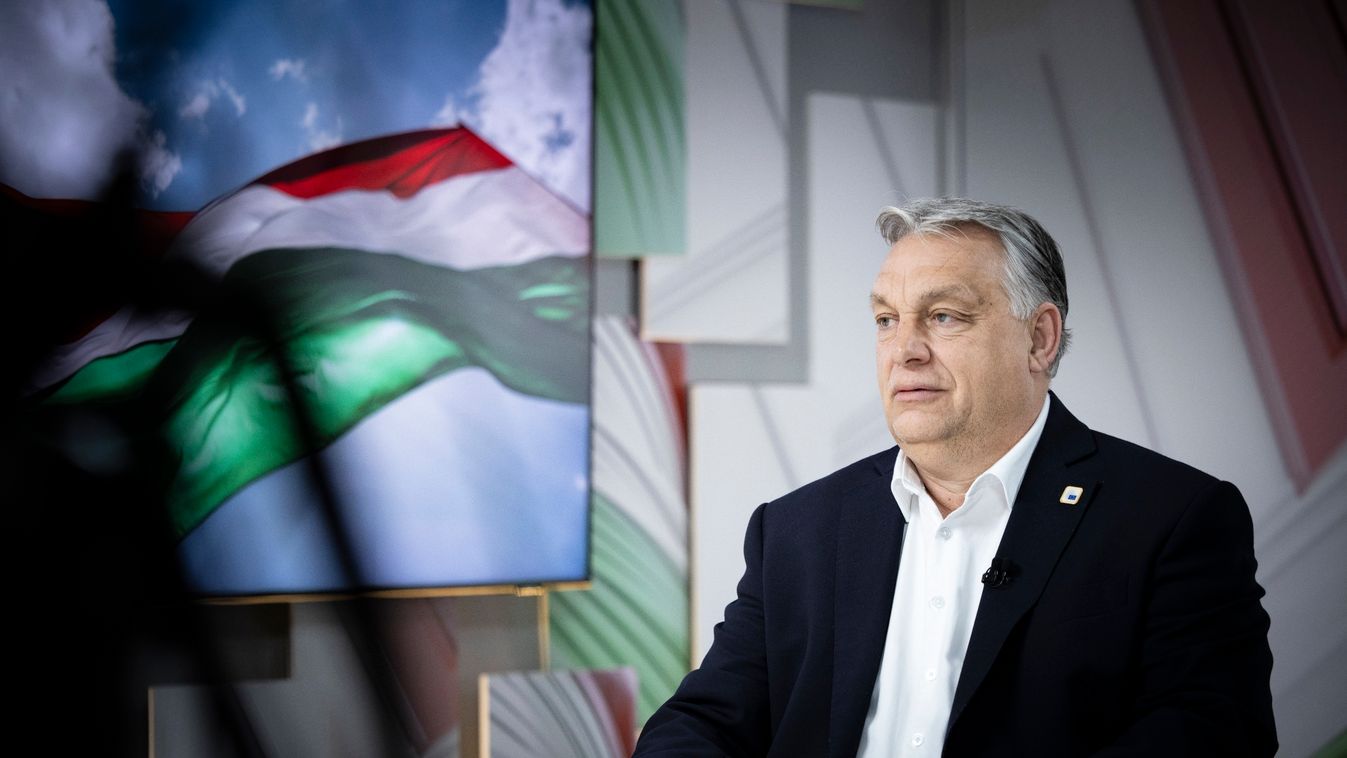


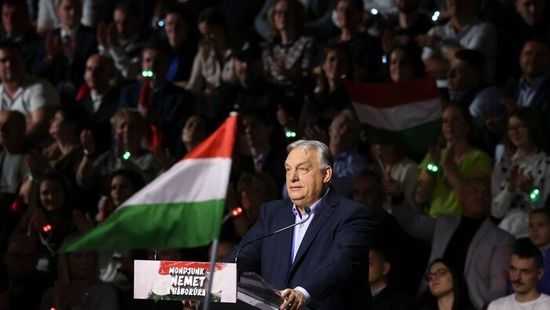
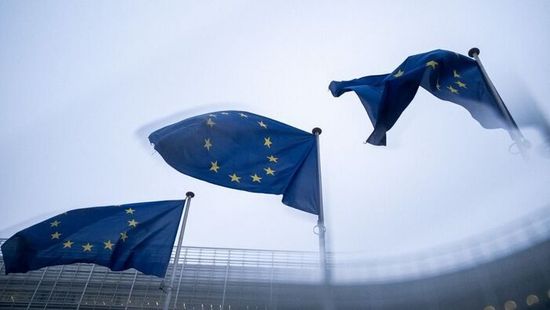

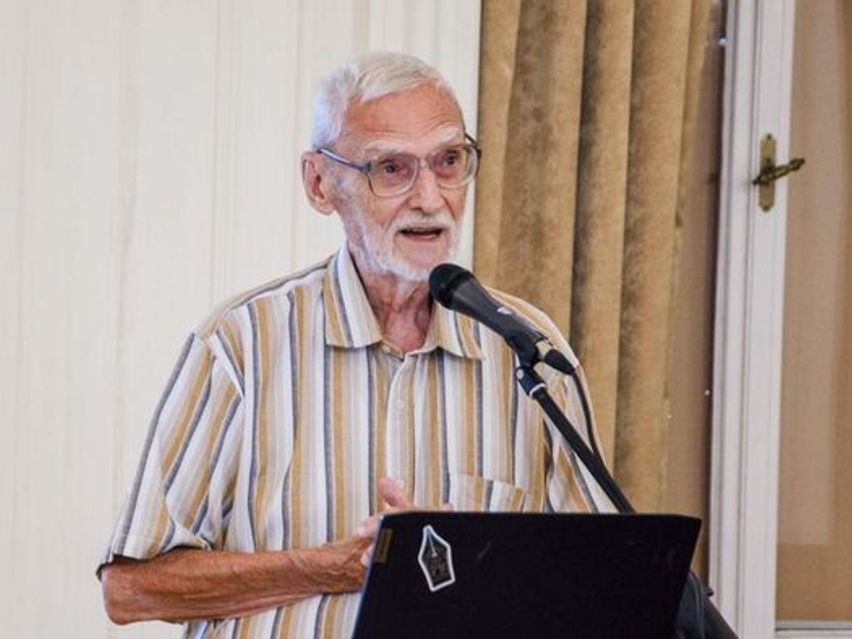

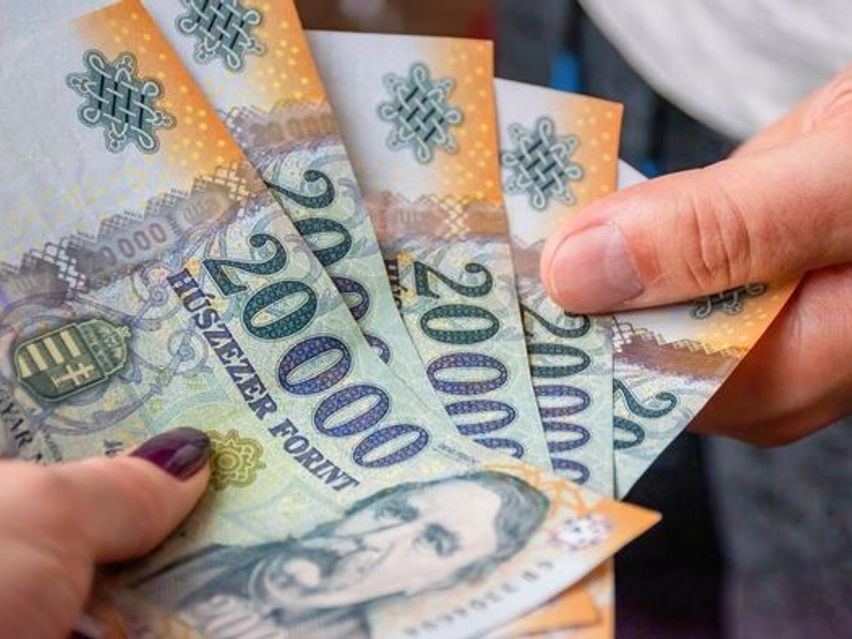
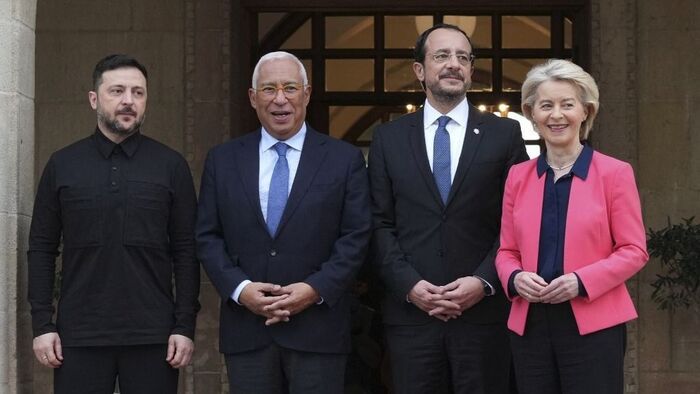

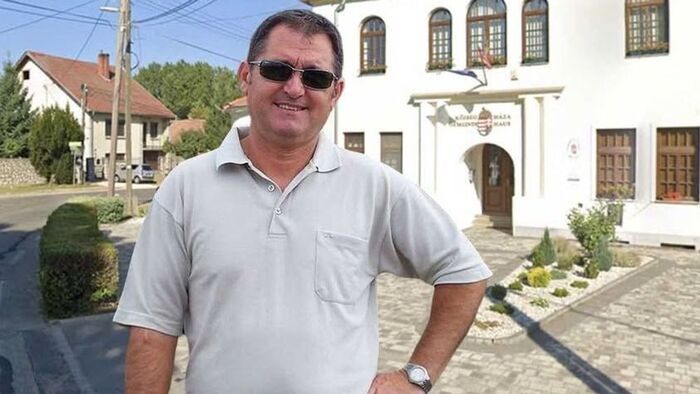
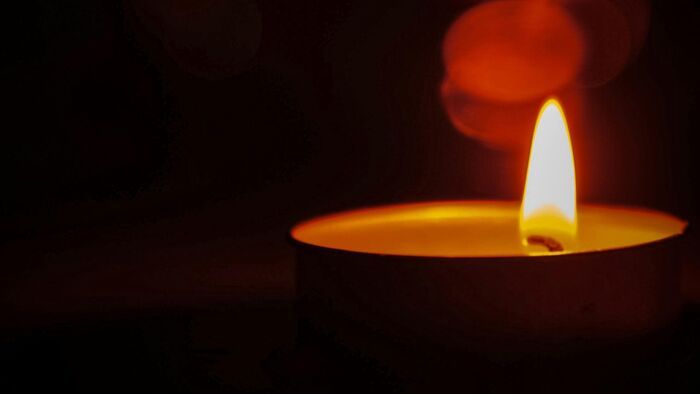
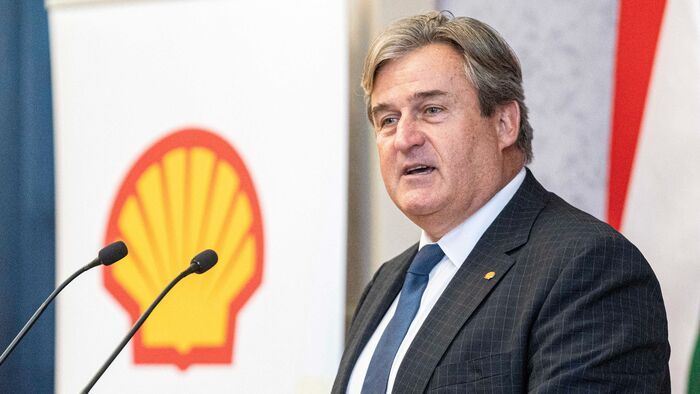
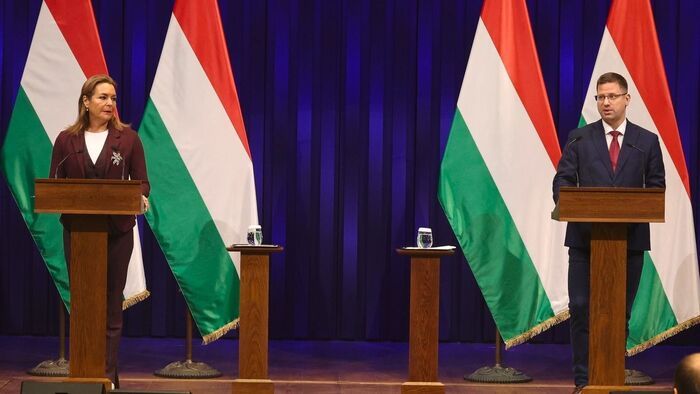
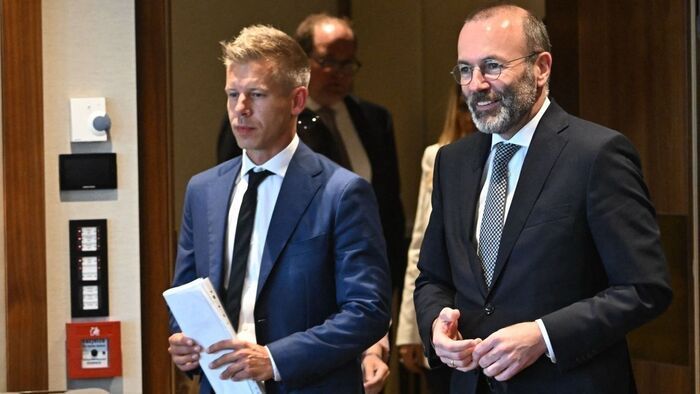
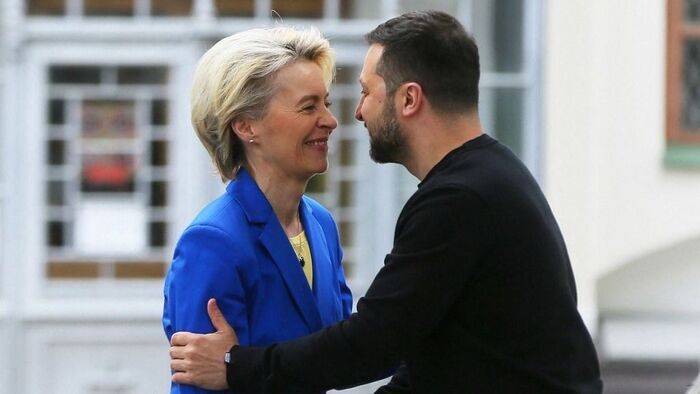
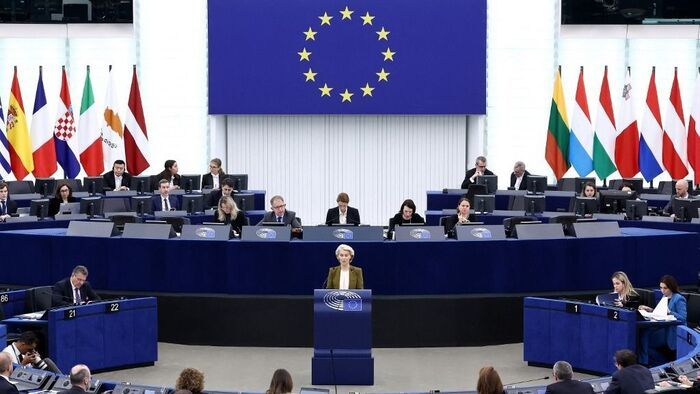
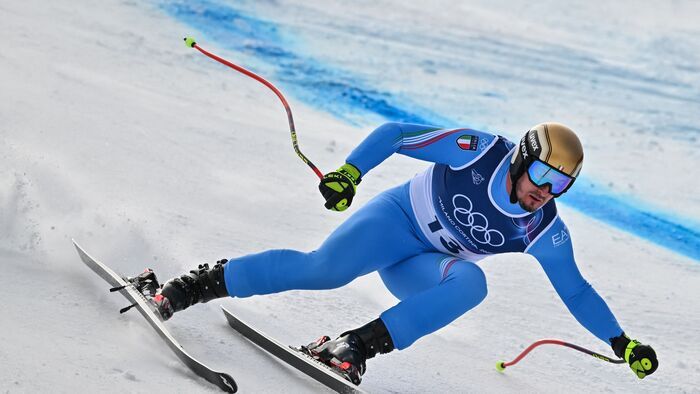
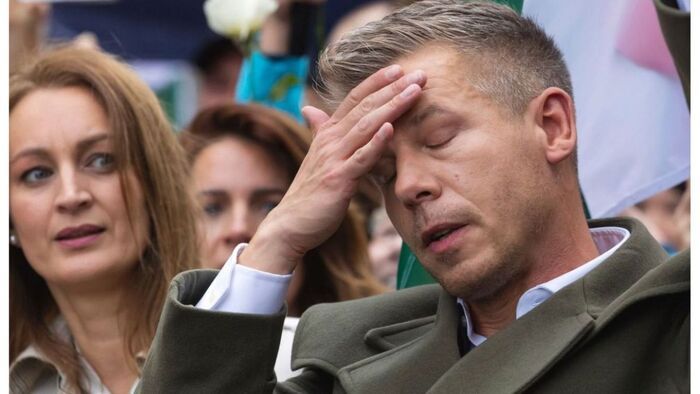
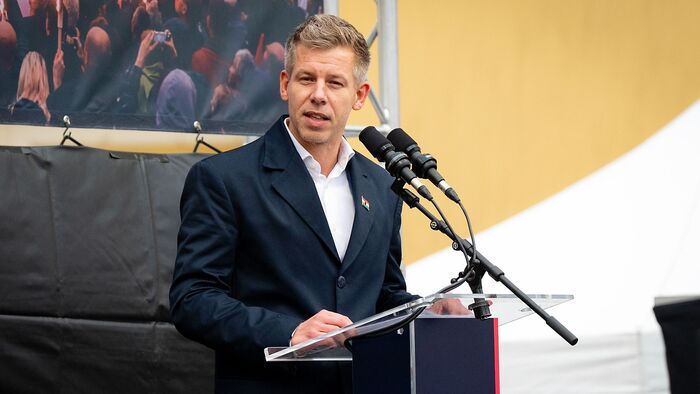

Szóljon hozzá!
Jelenleg csak a hozzászólások egy kis részét látja. Hozzászóláshoz és a további kommentek megtekintéséhez lépjen be, vagy regisztráljon!